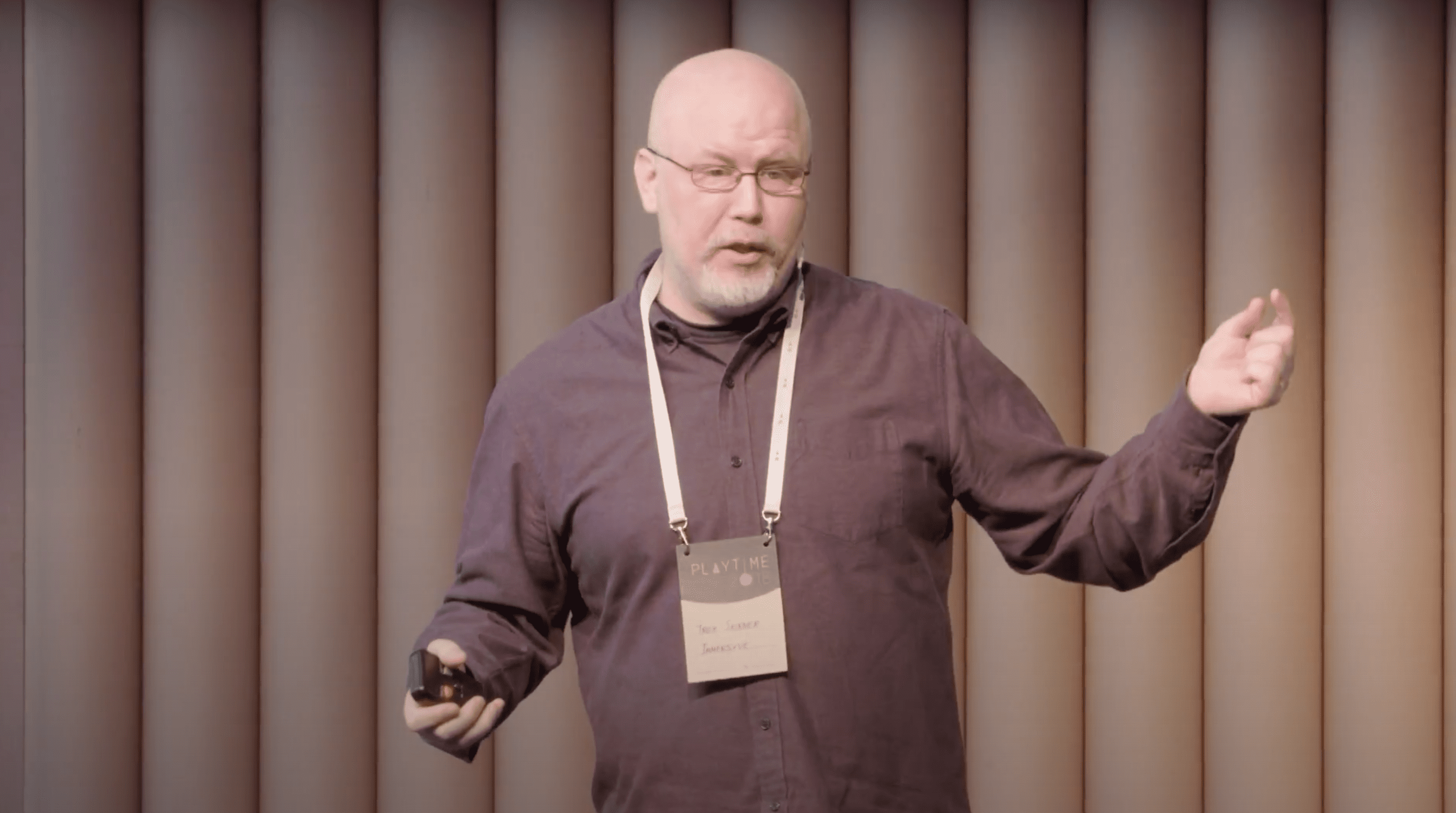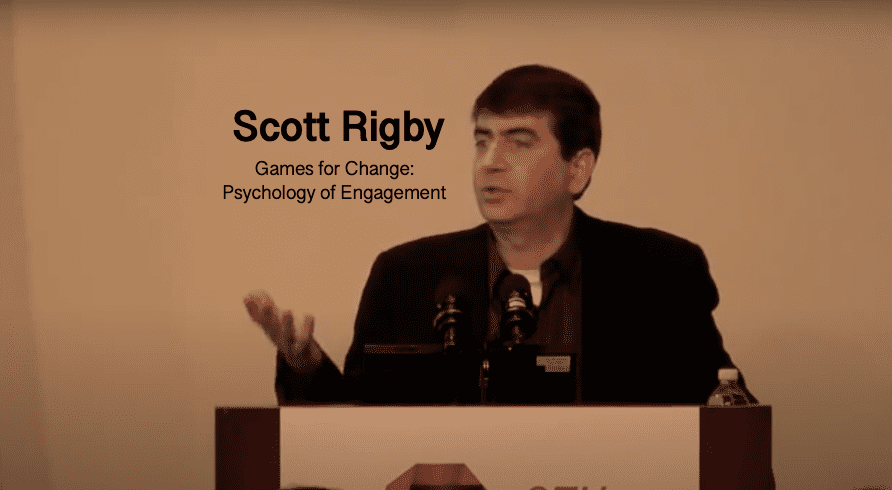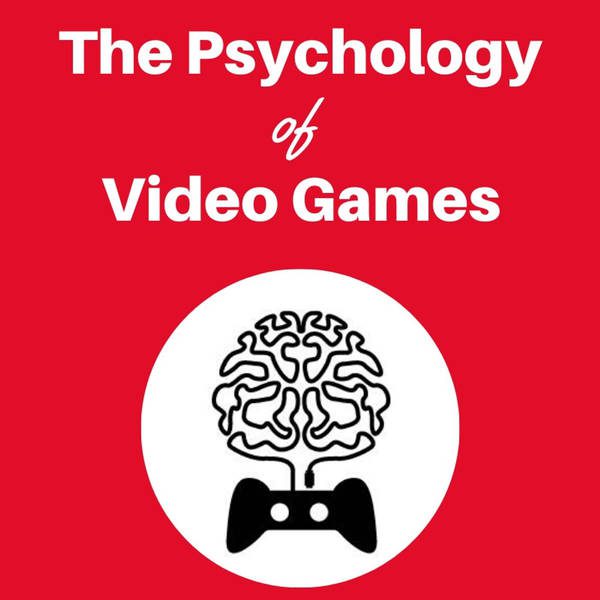People spend a tremendous amount of time engaging with entertainment media. Millions of people play video games daily, and the average American spends almost as much time watching television as they do at work (Nielsen, 2017). For example, the popular HBO drama Game of Thrones pulled in an average of 18.4 million viewers per new episode.
This level of engagement begs the question, why are people so drawn to entertainment media?
A growing research literature from the lens of SDT helps answer this question: entertainment media contexts provide rich environments for psychological need experiences. Indeed, the findings from laboratory experiments and cross-sectional studies of real-world media users converge to show that experiences of basic need satisfactions and need-related themes (e.g., eudaimonic elements) account for the motivational pull and enjoyment of entertainment media.
In addition to media engagement, the study of basic needs also helps us to understand dysregulated media consumption. SDT research shows that basic need frustrations underlie dysfunctional media use.
SDT is also being applied to examine links between entertainment media use and well-being. Specifically, SDT contends that in addition to hedonic gratifications, many forms of entertainment media contain eudaimonic elements that are intellectually stimulating and convey meaningful and virtuous messages. These eudaimonic themes, in turn, can yield rich satisfactions of basic needs.
The SDT research on entertainment media is being applied in multiple domains, such as:
- consultation with video game developers on how to design virtual environments that foster basic need fulfillments
- informative books for general audiences on the motivational pull of media
- research informing The American Psychiatric Association (APA) and World Health Organization’s (WHO) guidance













